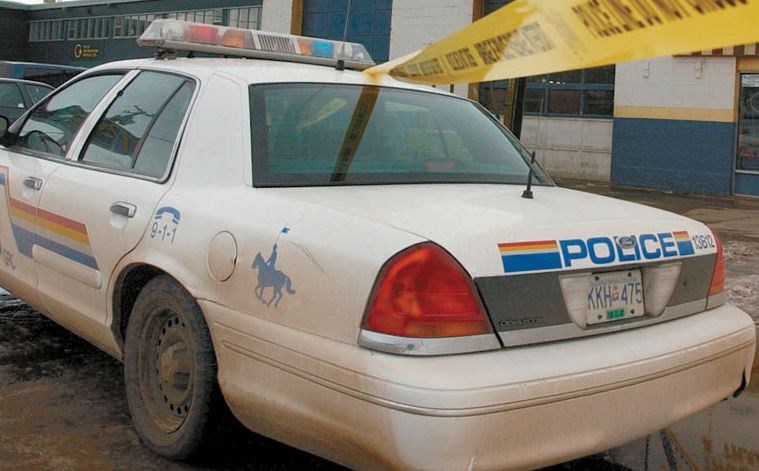Prince George RCMP are asking the public to deal with minor collisions on their own rather than calling in police to help deal with the aftermath.
"Police attendance is not required at the majority of collisions" Prince George RCMP Sgt. Matt LaBelle said. "Calls for service, when not required, are a real strain on our limited resources."
The RCMP's attendance is required only in one of the following scenarios:
- Serious injury or death: Either someone has suffered an injury serious enough to be taken to hospital or someone has died.
In instances where there have been only minor injuries - cuts, scrapes or bruises - or tissue damage such as whiplash, police are not needed.
- Crime: If a criminal offence has been committed, call the RCMP. Examples include driving while impaired, dangerous driving, criminal negligence or forcing a police pursuit.
But if the collision was due to speeding, failing to stop for a red light or tailgating, those are violations of the Motor Vehicle Act and the best step is to simply file a formal statement at the detachment, 455 Victoria St., and be willing to attend court.
Make note of the time, date and location of the offence, the license plate of the offending vehicle, direction of travel and a general description of the incident.
Investigators can follow up with the vehicle's registered owner and issue a violation ticket.
"We cannot do this without your witness account," RCMP said.
- Public safety: If the vehicles cannot be moved and are blocking a major roadway, police are needed to direct traffic so a second collision does not occur. The same applies to a collision on a busy road, at the crest of a hill, or around a blind curve.
As for the vast majority of collisions, such as parking lot fender-benders and rear-enders, the police ask for the public's assistance in reducing the strain on limited police resources.
Here are some tips on that front:
- Keep a notepad and pen in your vehicle;
- Move your vehicles off the roadway and put your hazard lights on;
- Exchange information with the other parties involved. Write down the vehicle licence plate number, the make, model and colour of the vehicle, the identity of the other driver including their driver's licence number and insurance information if the vehicle is not insured by ICBC.
Also make note of the time, location, as well as the road and weather conditions where the collision occurred;
- If your cell phone has a camera, take pictures of your damage, their damage, and pictures of the scene that can help you tell your side of the story;
- If your unoccupied vehicle was the victim of a hit and run, such as in a parking lot or in front of your residence, make notes and take photos as above, and report to ICBC. This does not need to be reported to police;
Collisions can be reported to ICBC 24 hours a day, sevens days a week by calling 1-800-910-4222 or using the online reporting system at www.icbc.com.


